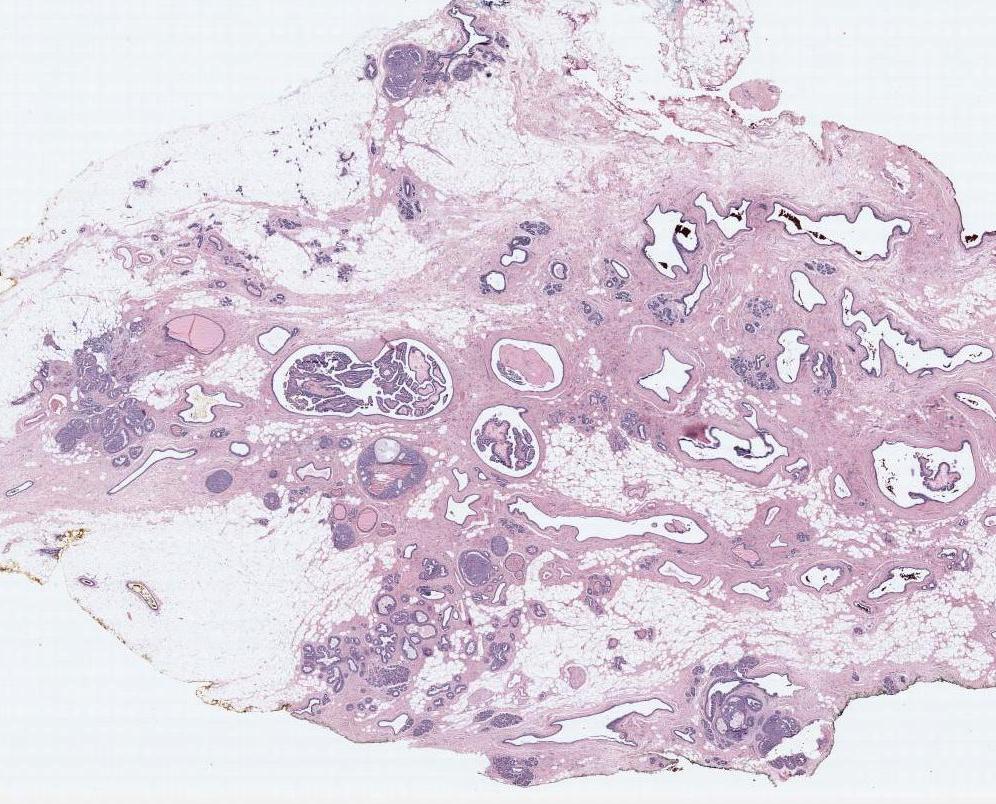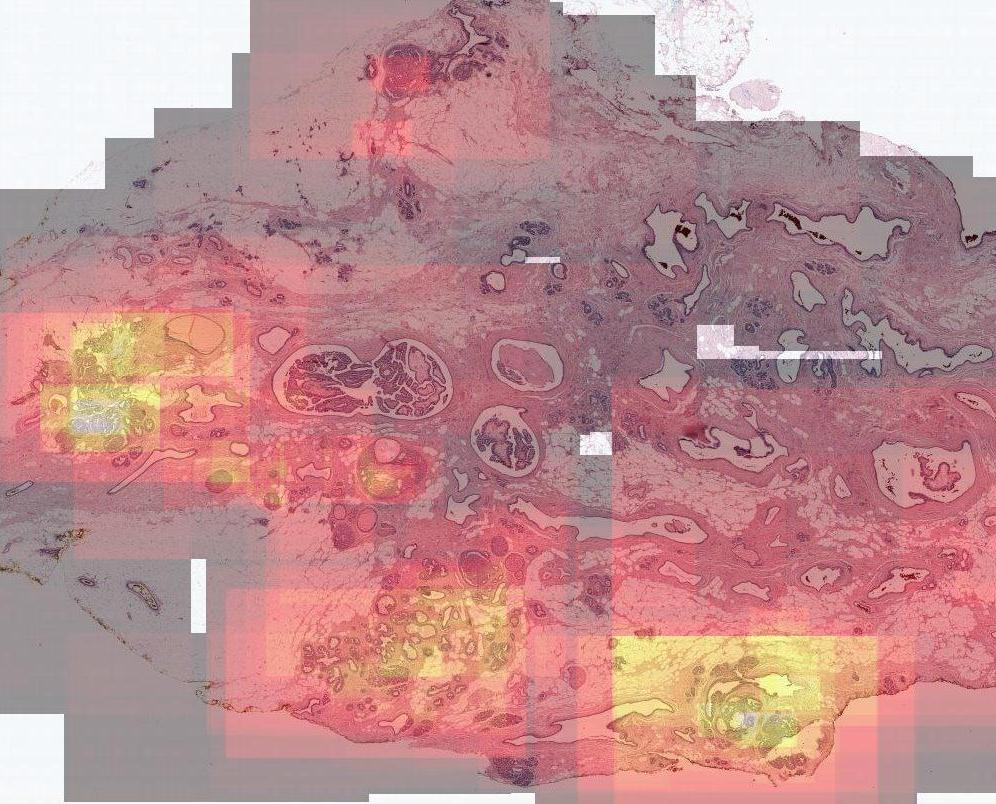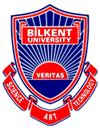Computer Vision and Machine Learning Techniques for Automated Classification of Whole-Slide Breast Histopathology Images
Summary:


Breast cancer has been the first in terms of incidence rates and the second in terms of mortality rates among the non-skin cancers. The possibility of receiving a correct treatment and recovery from breast cancer depends heavily on the correctness of its diagnosis and grading. However, alarming diagnostic errors that reach to 50% error rates have been observed during histopathological examination of high risk breast biopsy lesions. Nevertheless, the algorithm development and performance evaluation efforts in the literature have been limited by the use of specially designed data sets in which the isolated regions of interests are manually identified by experts where the localization problem does not exist and there are no ambiguities in terms of training labels.
The goal of this project is to develop a new computer aided diagnosis framework that can localize and classify problematic areas in very large images that are captured through the use of whole slide imaging technology. Using a novel data set that contains 240 whole slide images along with the visual screening records and diagnostic assessments of approximately 100 pathologists (contributed by the NIH Grants 1R01CA140560-01 and 1R01CA172343-01), we will develop new computer vision and machine learning algorithms that can automatically identify regions of interest and perform simultaneous object detection and localization by modeling the ambiguities related to the image content and the pathologists' diagnostic labels.
People:
- Faculty
- Selim Aksoy (Principal investigator)
- Graduate Students
- Barış Geçer, M.S. student
- Caner Mercan, Ph.D. student
- TBD
- Collaborators
- Digital Pathology research at the University of Washington
- Linda G. Shapiro (Department of Computer Science and Engineering, University of Washington)
- Joann G. Elmore (Department of Medicine, University of Washington)
- Donald L. Weaver (Department of Pathology, University of Vermont)
Duration:
April 2014 - April 2017
Sponsor:

|
TUBITAK - Scientific and Technological Research Council of Turkey (Grant no: 113E602) |
Budget:
292,565 TL (~US$130,000)


 .
.